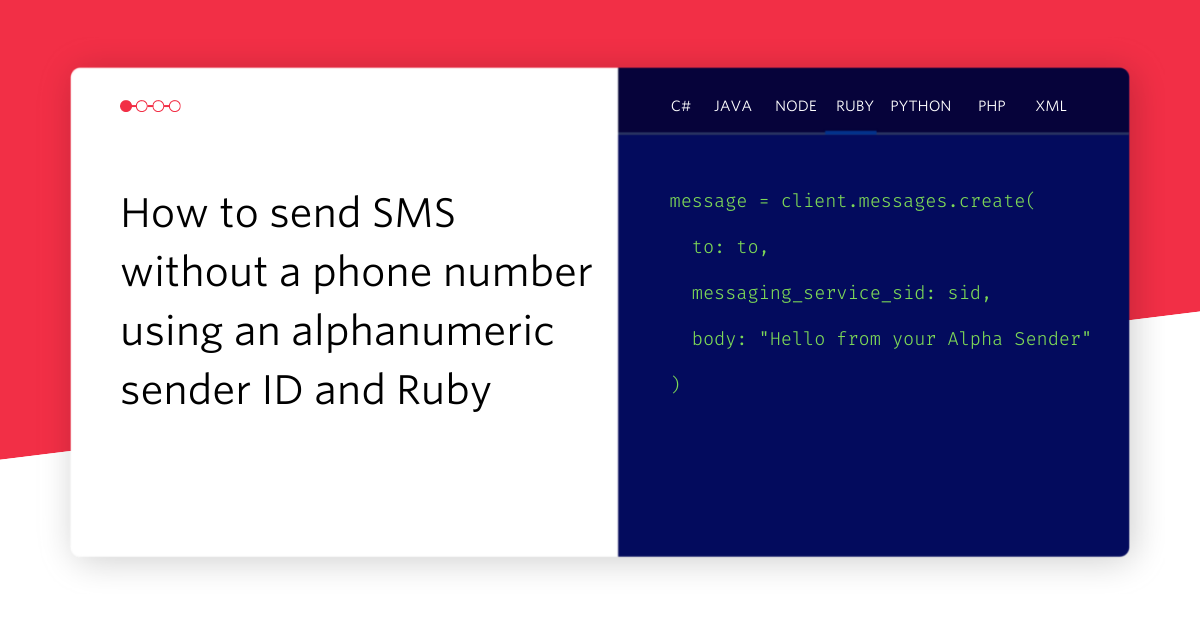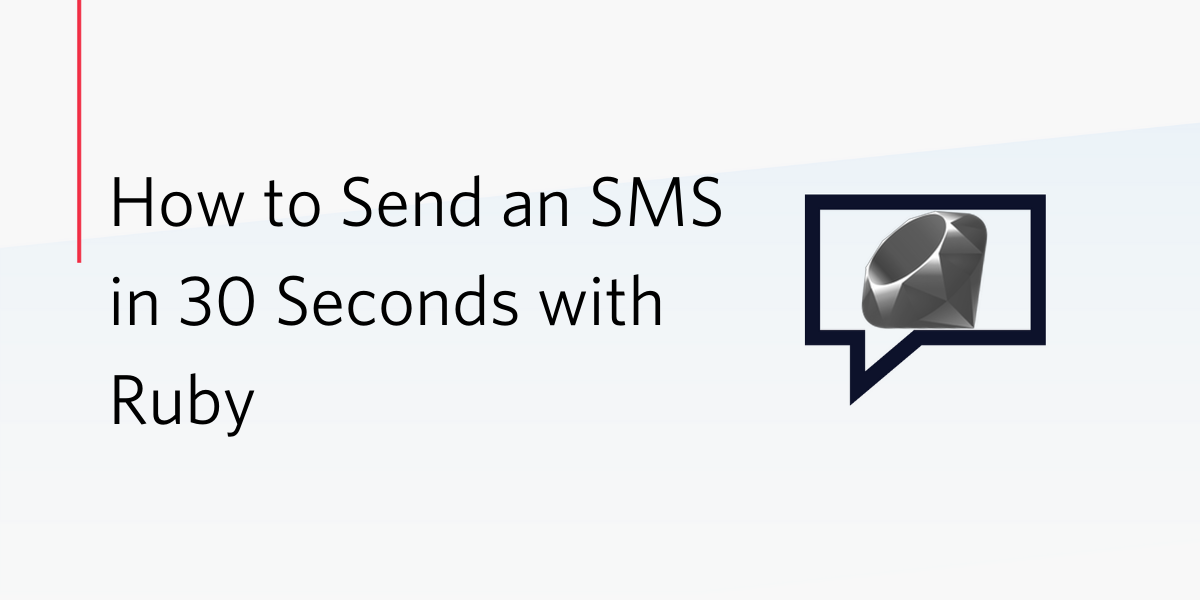Omniauth, Messaging, and Fat Models at Red Dirt Ruby Conference
Time to read:
This post is part of Twilio’s archive and may contain outdated information. We’re always building something new, so be sure to check out our latest posts for the most up-to-date insights.


Last week I took a trip out to Oklahoma for the second annual Red Dirt Ruby Conference. It was a good chance to meet with community members from around the country. There were a bunch of new people and quite a few familiar faces.
Overall, the quality and quantity of content were very high. I’ve got a few favorites to present below.
Omniauth from the Ground Up
Omniauth makes it easy to connect with third party authentication from your Ruby application. I was able to implement sign in with github in less than ten minutes and a very small amount of code. Omniauth supports a ton of different authentication methods. It’s not just OAuth, there’s even an LDAP adapter. From the README on github.
OmniAuth is a Rack-based authentication system for multi-provider external authentcation. OmniAuth is built from the ground up on the philosophy that authentication is not the same as identity, and is based on two observations:
- The traditional ‘sign up using a login and password’ model is becoming the exception, not the rule. Modern web applications offer external authentication via OpenID, Facebook, and/or OAuth.
- The interconnectable web is no longer a dream, it is a necessity. It is not unreasonable to expect that one application may need to be able to connect to one, three, or twelve other services. Modern authentication systems should allow a user’s identity to be associated with many authentications.
Reimagining Rails Messaging
This talk was one of the best I’ve seen in a while. Gerred Dillon presented some options on messages systems for Rails applications. In addition to projecting slides for the talk, the presenter had a Rails app that was serving the slides to our laptops. He used the messaging techniques he was describing during the talk to update our screens as he advanced.
Fat Models aren’t Enough
By far, the most lively session was by Jeff Casimir. He walked through some “best practices” and a set of very opinionated principles. Jeff is a teacher, and is the driving force behind Code School. If you’re interested in learning Ruby on Rails, I highly suggest you check out their course Rails for Zombies.
Related Posts
Related Resources
Twilio Docs
From APIs to SDKs to sample apps
API reference documentation, SDKs, helper libraries, quickstarts, and tutorials for your language and platform.
Resource Center
The latest ebooks, industry reports, and webinars
Learn from customer engagement experts to improve your own communication.
Ahoy
Twilio's developer community hub
Best practices, code samples, and inspiration to build communications and digital engagement experiences.


